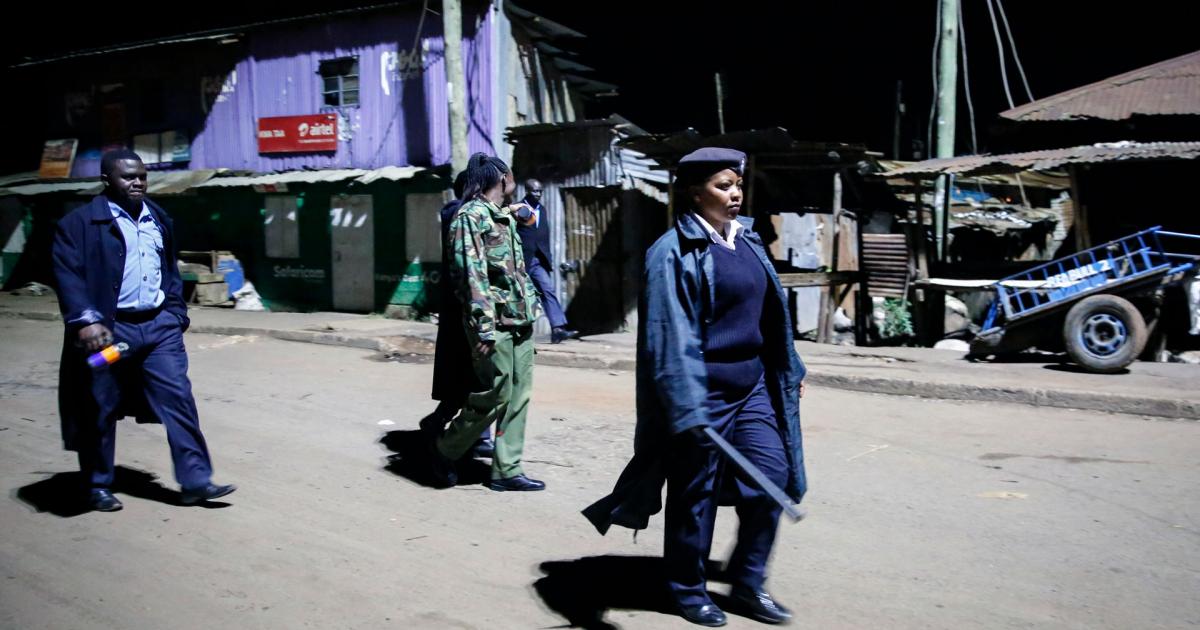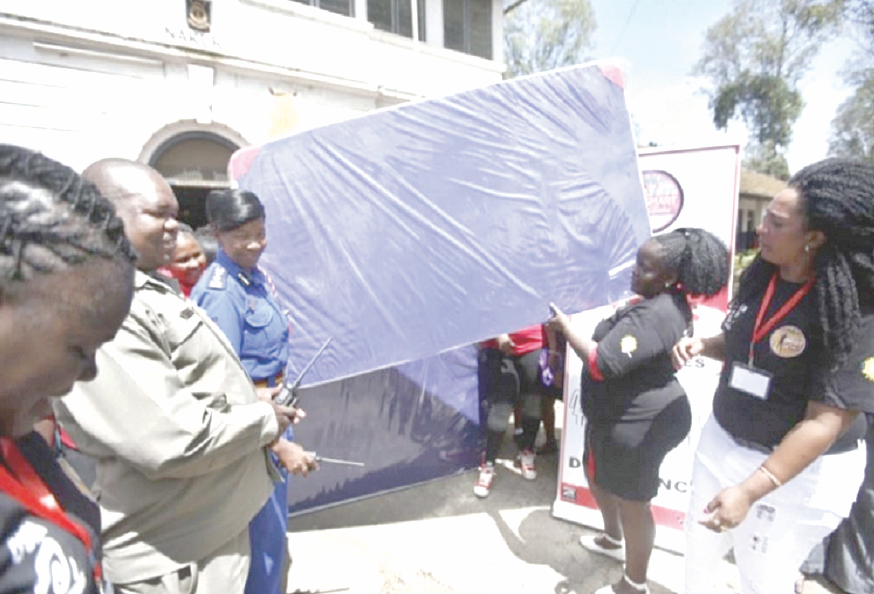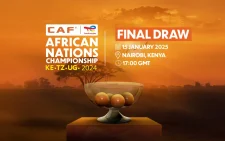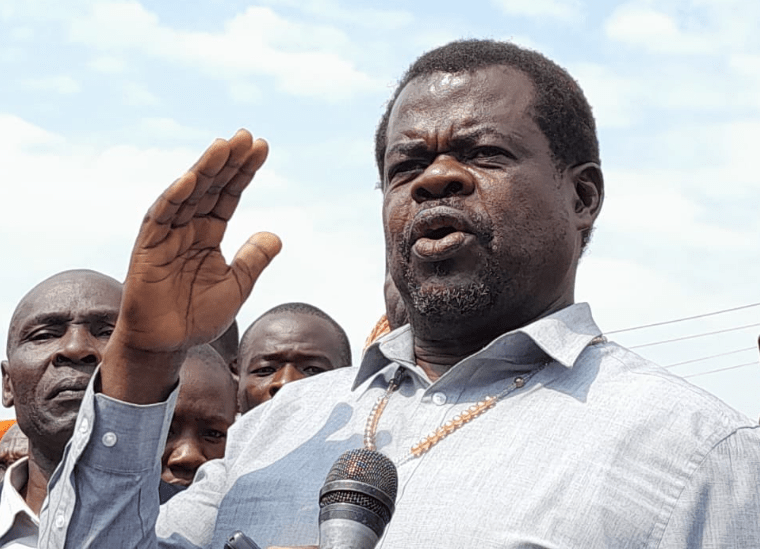State must not sell our soul on Wanjiru’s murder
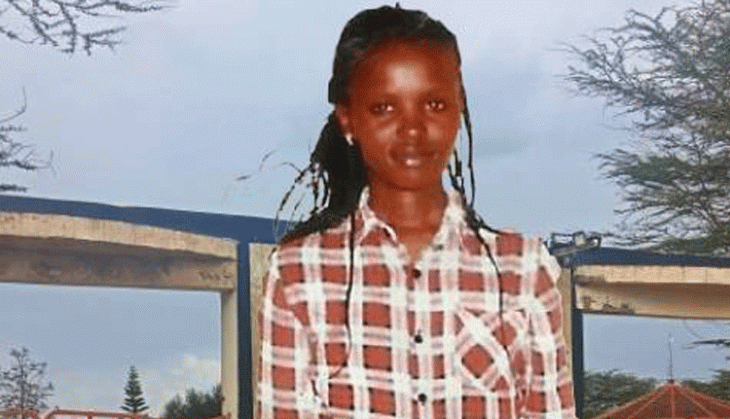
Alice Wanjiru was a poor girl, who met her death trying to eke out a living by selling her body. I will not moralise about her engagement in the so called oldest profession in the world. I guess like a man, a woman’s also gotta do what a woman’s gonna do!
But prostitution is a high risk profession that exposes women to weirdos. Wanjiru was not the first woman of the night to meet her fate in such circumstances, nor was she the last.
Commercial sex workers, the politically correct terminology for prostitutes, often go through hell, which is testament of their dire straits.
But it does not have to be that way in a free market teeming with choices. Wanjiru’s end in the hands of the British soldier on the fateful night in 2012, was murder most foul.
Sadly, the case has taken an inordinately long time to prosecute in our courts, which reeks of complicity or fear by the Kenyan side involved in the investigations. This is a very sensitive case that touches on diplomatic relations between Kenya and its erstwhile colonial master.
It would really be interesting to know the motivation behind the British soldier’s callous act, particularly on someone they met for the first time.
It reeks of racism. But then again he would not have slept with her in the first place if he felt she was untouchable. May be it was about the money, with the soldier feeling some kind of colonial entitlement to Wanjiru’s body; either for free or for a pittance.
She could have demanded her dues, failure to which she would expose him. For fear of embarrassment, the soldier could have used brute force to silence her.
Kenyan authorities have no excuse, even as the Director of Public Prosecutions Noordin Haji keeps pussyfooting on the issue. By now, Wanjiru’s body should have been exhumed and a post mortem undertaken to find out the cause of the poor woman’s death. The alleged killer should also have made a statement to the relevant authorities.
The United Kingdom government has already expressed its willingness and readiness to cooperate with the Kenyan government in finding closure through our Judiciary system.
UK Armed Forces Minister James Heappey was in Nanyuki last month to make a statement of his government’s commitment to seek justice for Ciku’s family, as is her pet name in the Kikuyu mother tongue.
Now, Wanjiru is representative of Kenya’s Wanjiku, the hustlers – forget the political definition – to who justice is usually a mirage. Oftentimes, those with no financial might or do not peddle significant influence are left on their own to face the brunt of injustice.
Therefore, our courts should stand up to be counted, not just in Wanjiru’s case, but in all cases where corporations and other powerful entities use their might to trample on the rights and privileges of the weak members of society.
The Judiciary must act as a bulwark against bullying by the powerful, who left to their own devices would draw the last drop of blood of the frail.
*******
Irregardless (sic) of the political divide one belongs to, I believe every right thinking Kenyan welcomed the renaming of “Mbagathi Way” to “Raila Odinga Way”. Why not?
Civilised societies the world over fete and revere their heroes for the sacrifices they make to a country’s socio-economic and political development. Politics is one thing; patriotism is a totally different one.
In Raila’s case, his legacy speaks for itself. He has, almost single-handedly, fought for the rights of millions of hapless Kenyans and expanded the democratic space.
My community says that people praise a cow’s productivity after its death. Let us celebrate Raila while he is still alive, Indeed, he deserves much more from the Kenyan nation.
— The writer comments on international affairs

